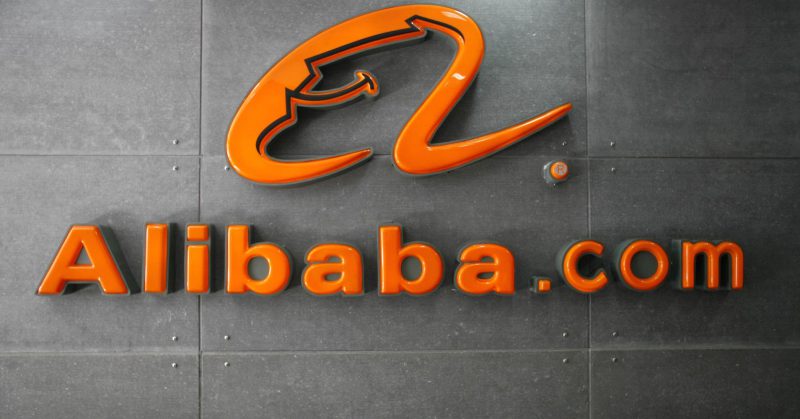The hype around artificial intelligence [AI] technology reached China. However, the government clearly did not want its citizens to use a Westernized tool. Therefore, several tech giants in the region came forward to create their own version of OpenAI’s ChatGPT. Alibaba got into the race by revealing an AI tool called Tongyi Qianwen.
The software is expected to be integrated across all of Alibaba’s platforms. The firm’s CEO Daniel Zhang noted that the chatbot would release in the “near future”. As a result, details about the timeline are uncertain at the moment. Nevertheless, the world now knows that Alibaba is in the AI game. Tongyi Qianwen hasn’t been given an English version of its name yet. But, it translates to “seeking an answer by asking a thousand questions.”
Tongyi Qianwen, which can operate in both Chinese and English, will initially be added to DingTalk, Alibaba’s office messaging app, according to the firm. It was trained on enormous amounts of data to produce persuading answers to user questions. Furthermore, the technology will carry out a variety of activities, including recording meeting interactions into notes, composing emails, and creating business proposals. Zhang further added,
“We are at a technological watershed moment, driven by generative AI and cloud computing.”
China to impose security reviews for ChatGPT-like Services
As China’s prominent tech giants like Alibaba, Baidu, and others dive into AI waters, the government could be instilling a major obstacle before these firms. China intends to conduct security checks before generative AI services can be employed by its citizens.
In a draft set of guidelines made available for public comment, the Cyberspace Administration of China stated that service providers must guarantee that information is accurate. The government requires the bot to respect intellectual property, and neither discriminate against anyone nor jeopardize security. The authority stated in a statement posted on its website that AI operators must also flag AI-generated content. Further elaborating on this move, Angela Zhang, Associate Professor of Law at the University of Hong Kong said,
“The CAC’s quick reactions to this new technology clearly demonstrate its regulatory ambition in this sphere. These developments will likely have spillover effects on Chinese AI regulation in the future. Thus far, however, I see the Chinese regulators being quite cautious with its regulatory approach in order to give more room for the development of generative AI in the country.”
While regulations and security checks like these ones are quite essential, advanced restrictions could hinder growth.





